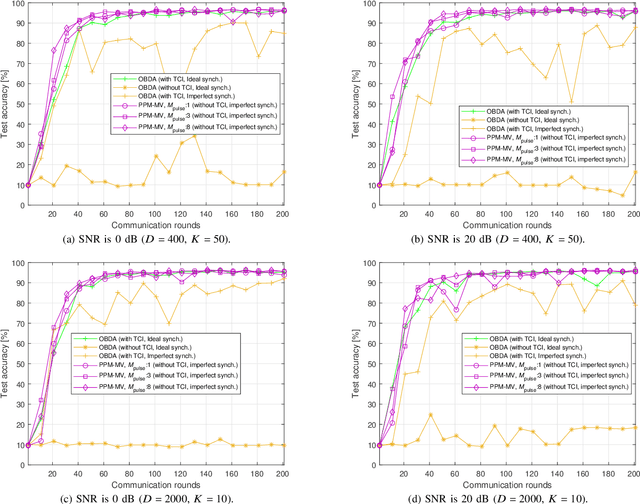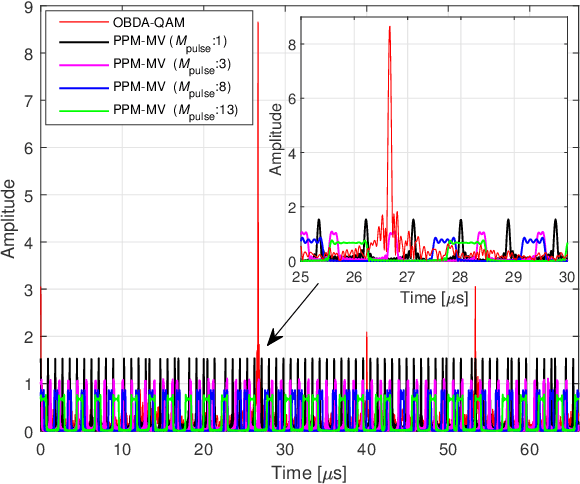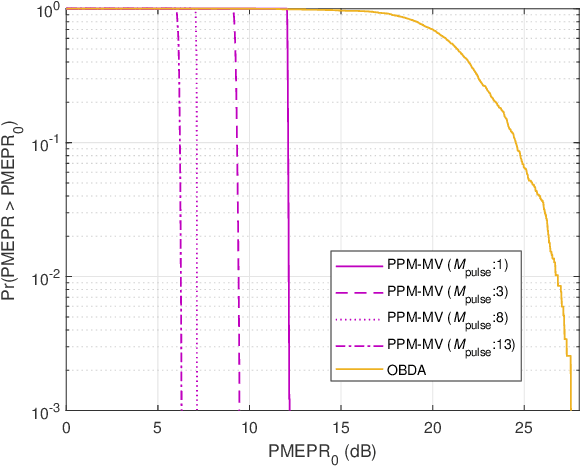Over-the-Air Computation with DFT-spread OFDM for Federated Edge Learning
Paper and Code
Dec 26, 2021



In this study, we propose an over-the-air computation (AirComp) scheme for federated edge learning (FEEL) without channel state information (CSI) at the edge devices (EDs) or the edge server (ES). The proposed scheme relies on non-coherent communication techniques for achieving distributed training by majority vote (MV). In this work, the votes, i.e., the signs of the local gradients, from the EDs are represented with the pulse-position modulation (PPM) symbols constructed with discrete Fourier transform (DFT)-spread orthogonal frequency division multiplexing (OFDM) (DFT-s-OFDM). By taking the delay spread and time-synchronization errors into account, the MV at the ES is obtained with an energy detector. Hence, the proposed scheme does not require CSI at the EDs and ES. We also prove the convergence of the distributed training when the MV is obtained with the proposed scheme under fading channel. Through simulations, we show that the proposed scheme provides a high test accuracy in fading channels while resulting in lower peak-to-mean envelope power ratio (PMEPR) symbols.
 Add to Chrome
Add to Chrome Add to Firefox
Add to Firefox Add to Edge
Add to Edge